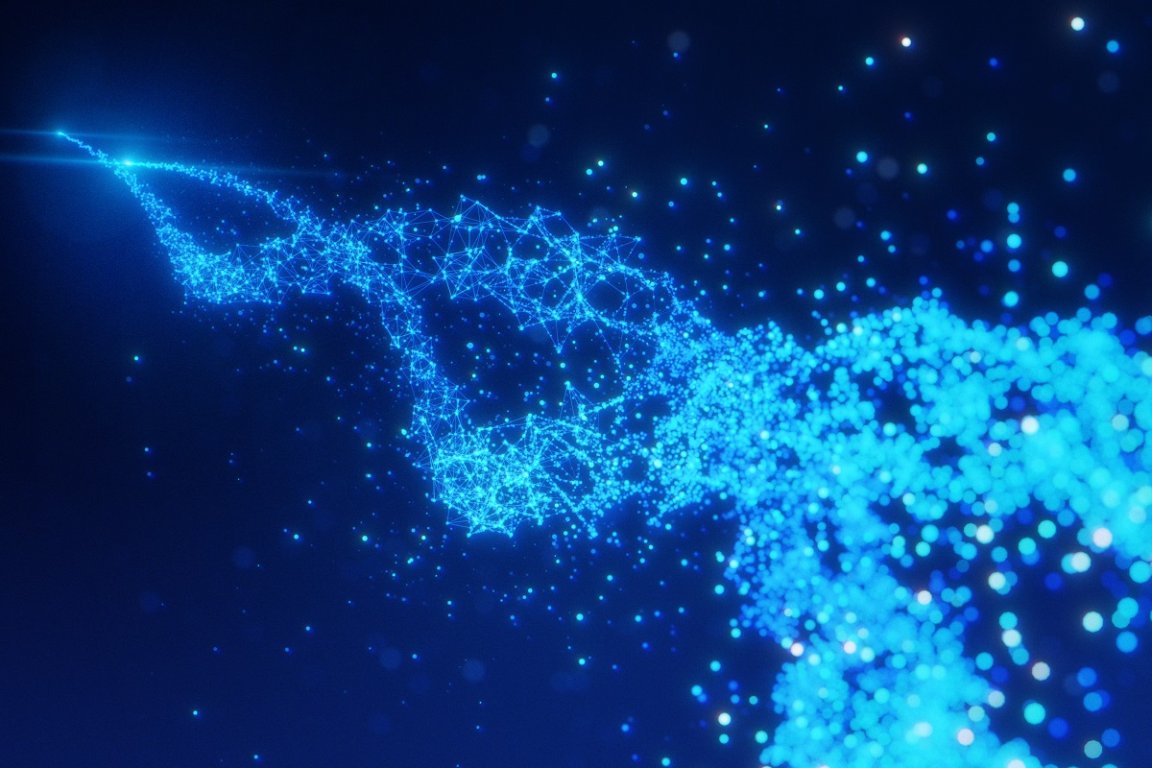
In the year since its devastating hack, 23andMe has lost virtually all its stock value and most of its governing board — and somehow, things just keep getting worse for the one-time DNA kit wunderkind.
As CEO Anne Wojcicki announced in a press release, 23andMe is not only laying off 40 percent of its remaining workforce — about 200 employees total — but also completely kiboshing its therapeutics program that was seeking to use AI and the company’s hoard of genetic information to develop new drugs.
“We are taking these difficult but necessary actions as we restructure 23andMe,” the CEO said, “and focus on the long-term success of our core consumer business and research partnerships.”
As is her nature, Wojciki put an optimistic spin on the news that her company is crumbling even worse than before.
“We continue to believe in the promise shown by our clinical and preclinical stage pipeline and will continue to pursue strategic opportunities to continue their development,” she said. These “strategic opportunities” may include, per the announcement, licensing or selling the drugs its therapeutics arm has discovered or is developing.
Just a day after the restructuring news dropped, 23andMe also announced in its latest quarterly earnings report that its revenue was down to $44 million in the second quarter of 2024, from $50 million over the same period last year. During its latest filing with the Securities and Exchange Commission, the company noted that without significant capital, there is “substantial doubt” it can stay afloat.
Despite her tendency towards spin, Wojcicki seemed sober when recounting the company’s financial difficulties in an investor call this week that referenced the board’s abrupt resignation earlier this year, which led to the company’s near-delisting by the NASDAQ, and the subsequent stock-split scheme last month that saved it from going under entirely.
“We have fulfilled our obligations as a public company and regained compliance with the NASDAQ listing standards by reconstituting our board and executing a reverse stock split,” the CEO said, per CNBC.
It’s a sorry state of affairs for the company that was valued at $3.5 billion when it went public in 2021 — and unless someone with a lot of money wants to throw some of it into the fire, it’s hard to imagine a happy ending now.
More on DNA kits: Fun New Mouth Swab Will Tell You When You’ll Die